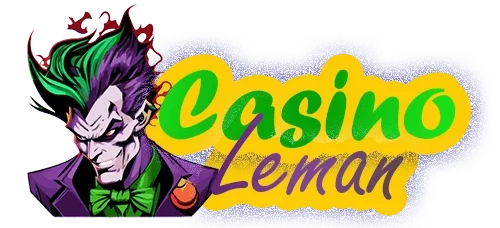When the PlayStation Portable debuted in 2004, it was more than just another gaming console—it was a statement of ambition. Sony envisioned a handheld device capable of delivering console-quality Slot88 experiences on the go, and the PSP did exactly that. Over the years, it became not just a gaming device but a cultural symbol of creativity, independence, and connectivity. The best PSP games were more than portable adventures—they were proof that great storytelling and innovation could thrive anywhere.
At the time of its release, handheld gaming was dominated by simple titles and short experiences. The PSP changed that perception completely. It offered stunning visuals, deep gameplay, and cinematic sound, creating experiences previously thought impossible on a handheld device. Titles like Crisis Core: Final Fantasy VII, God of War: Chains of Olympus, and Metal Gear Solid: Peace Walker gave players sprawling narratives and epic battles that rivaled full console games. For the first time, portable gaming felt just as immersive as sitting in front of a television.
But the cultural impact of the PSP went beyond its technology. It changed how people connected with games and with each other. The system’s local multiplayer capabilities gave rise to a new form of social gaming. In Japan, for instance, Monster Hunter Freedom Unite turned public spaces into gathering spots for co-op play. Groups of friends would meet in cafés, schools, and parks to hunt together, creating memories that went beyond the screen. This community-driven experience helped define a new social culture around gaming.
The PSP also became a creative platform for developers. Freed from the massive budgets and expectations of console releases, smaller studios experimented with bold ideas. Games like Patapon, LocoRoco, and Echochrome offered artistic, rhythmic, and puzzle-based gameplay that pushed the boundaries of design. These best PSP games embodied a fearless creativity that continues to inspire indie developers today.
Even beyond gaming, the PSP helped bridge the worlds of technology and lifestyle. It was one of the first devices to seamlessly combine games, music, movies, and internet browsing. In many ways, it foreshadowed the multimedia versatility that smartphones would later perfect. For a generation of players, the PSP wasn’t just a console—it was a personal entertainment hub that defined their teenage years.
Today, the legacy of PSP games continues through digital preservation and nostalgic re-releases. Players still revisit classics through emulation or remastered editions, ensuring that the handheld’s influence endures. The PSP may have been discontinued, but its spirit lives on in the portable experiences that followed—from the PlayStation Vita to the PlayStation Portal.
The cultural impact of the PSP can’t be overstated. It redefined what portable gaming could be, inspired countless developers, and brought players closer together. The best PSP games weren’t just fun—they were milestones that helped shape modern gaming culture. Two decades later, the world still remembers that sleek black handheld that made play both powerful and persona
